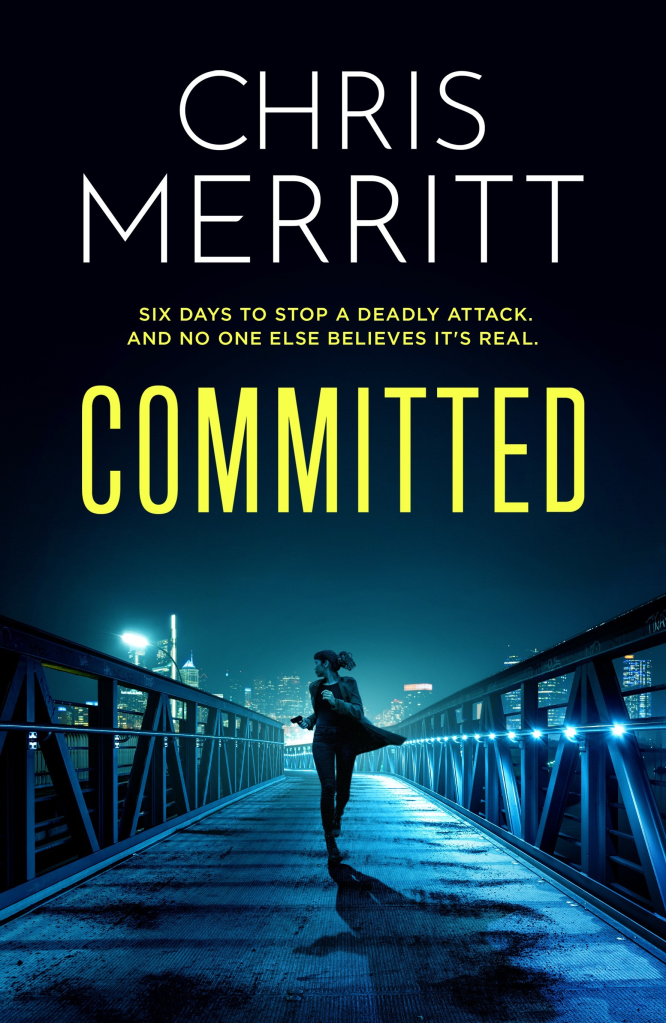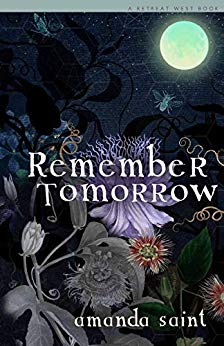After nine years of rejection from publishers, Eimear McBride’s debut, A Girl is a Half Formed Thing, won the 2014 Bailey’s Prize. But the Irish writer won’t be the last to laugh in the face of those publishing houses who won’t take a punt on an experimental or challenging novel.
From Gertude Stein and William Burroughs to recent rags-to-riches writers such as J.K. Rowling and Cassandra Clare, there have been brutal rejection letters to accompany most bestselling novels. Here are extracts from some of them:
1. “Overwhelmingly nauseating, even to an enlightened Freudian…the whole thing is an unsure cross between hideous reality and improbable fantasy. It often becomes a wild neurotic daydream… I recommend that it be buried under a stone for a thousand years.”
Thankfully, for both Vladimir Nabokov and literature as a whole, Lolita wasn’t buried, but published in France after two years of rejections by New York publishers such as Viking, Simon & Schuster, New Directions, Farrar, Straus, and Doubleday. When Graham Greene got hold of it, shortly after its French publication, he reviewed it in The Sunday Times, describing it as “one of the three best books of 1955”.
Despite this, the novel still wasn’t published in the UK until 1957, because the Home Office seized all imported copies and France banned it. When British publishing house Weidenfeld & Nicolson took it on, it was at the cost of Nigel Nicolson’s political career.
2. “The girl doesn’t, it seems to me, have a special perception or feeling which would lift that book above the ‘curiosity’ level.”
One of the 15 publishers who didn’t think The Diary of Anne Frank was worth reading.
3. “First, we must ask, does it have to be a whale?
“While this is a rather delightful, if somewhat esoteric, plot device, we recommend an antagonist with a more popular visage among the younger readers. For instance, could not the Captain be struggling with a depravity towards young, perhaps voluptuous, maidens?”
Herman Melville’s leviathan novel was rejected, as above, by Peter J Bentley. However, Richard Bentley, of the same London publishing house, eventually offered him a contract in 1851. Moby Dick was published 18 months later than Melville expected and at great personal expense, as he arranged for the typesetting and plating of his book himself to speed up the process. Young, voluptuous maidens never made the final edit.
4. “For your own sake, do not publish this book.”
One publisher turned down DH Lawrence’s Lady Chatterley’s Lover, first published in 1928. Perhaps they had predicted the furore that was unleashed when the full novel did hit the British bookshelves in 1960.
5. “Do you realise, young woman, that you’re the first American writer ever to poke fun at sex”
This was what Anita Loos received before her novel, Gentlemen Prefer Blondes, was successfully published in 1925. It was part of a rejection note, although by today’s standards it sounds quite the accolade.
6. “Miss Play has a way with words and a sharp eye for unusual and vivid detail. But maybe now that this book is out of her system she will use her talent more effectively next time. I doubt if anyone over here will pick this novel up, so we might well have a second chance.”
An editor at Knopf in 1963 rejected Sylvia Plath’s The Bell Jar when it was submitted under the pseudonym Victoria Lucas. After realising it had been written by Plath, who had already published a couple of poetry collections, the same editor read and rejected it again – and managed to spell her real name three different incorrect ways in the process. His assertion that “she will use her talent more effectively next time” is poignant, as Plath had committed suicide six weeks earlier.
7. “You’re welcome to le Carré – he hasn’t got any future.”
A fantastically incorrect prediction by one publisher, sent to his colleague, upon turning down The Spy Who Came in from the Cold
8. “Your pigs are far more intelligent than the other animals, and therefore the best qualified to run the farm – in fact, there couldn’t have been an Animal Farm at all without them: so that what was needed, (someone might argue), was not more communism but more public-spirited pigs.”
The poet TS Eliot, editor of Faber & Faber, was one of the many publishers, including George Orwell’s own, Victor Gollancz, who rejected Animal Farm. When it was published, in 1946, Orwell’s original title, Animal Farm: A Fairy Story was amended.
9. “We are not interested in science fiction which deals with negative utopias. They do not sell.”
Stephen King received this letter about Carrie. His first published novel was rejected so many times that King collected the accompanying notes on a spike in his bedroom. It was finally published in 1974 with a print run of 30,000 copies. When the paperback version was released a year later, it sold over a million copies in 12 months.
10. “I am only one, only one, only one. Only one being, one at the same time. Not two, not three, only one. Only one life to live, only sixty minutes in one hour. Only one pair of eyes. Only one brain. Only one being. Being only one, having only one pair of eyes, having only one time, having only one life, I cannot read your M.S. three or four times. Not even one time. Only one look, only one look is enough. Hardly one copy would sell here. Hardly one. Hardly one.”
So Arthur Fifield, founder of the British publishing house AC Fifield, wrote to Gertrude Stein after receiving one of her manuscripts in 1912.
11. “If I may be frank, Mr. Hemingway — you certainly are in your prose — I found your efforts to be both tedious and offensive. You really are a man’s man, aren’t you? I wouldn’t be surprised to hear that you had penned this entire story locked up at the club, ink in one hand, brandy in the other.”
Mrs Moberley Luger, of Peacock & Peacock, didn’t realise how accurate she was in her 1925 rejection letter of Ernest Heminway’s The Sun Also Rises.
***
So if you’ve been rejected don’t be disheartened, it might be you one day who is able to look back and laugh at the publisher who didn’t want your bestseller!
Happy writing x
***
Via http://www.telegraph.co.uk/The-rejection-letters-how-publishers-snubbed-11-great-authors











